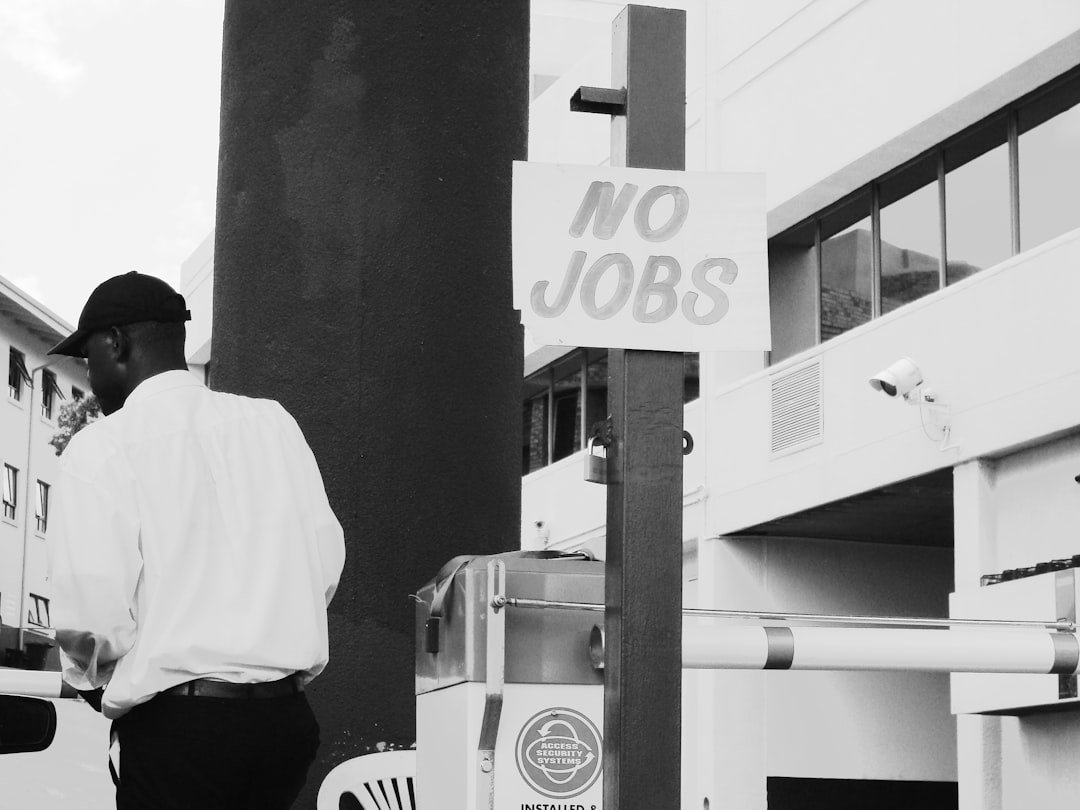How AI is Replacing vs. Creating Jobs: What You Should Know
Artificial intelligence (AI) is rapidly transforming the job market, sparking debates about its impact on employment. While concerns about AI replacing human workers are valid, it’s crucial to understand the nuanced relationship between AI and jobs. This article explores both sides of the coin, examining how AI is automating certain roles while simultaneously creating new opportunities. We’ll delve into specific examples and discuss what you should know to navigate this evolving landscape.
AI: The Job Disruptor
The automation potential of AI is undeniable. Repetitive, data-heavy tasks are particularly susceptible to AI-driven automation. This includes roles in manufacturing, data entry, customer service, and even some aspects of accounting and finance. AI-powered robots and software can perform these tasks faster, more accurately, and with greater efficiency than humans, leading to job displacement in these sectors. The fear is real, and the transition can be challenging for those affected.
For example, the rise of automated customer service chatbots has reduced the need for human representatives to handle simple inquiries. Similarly, AI-powered systems are increasingly used for tasks like fraud detection, loan applications processing, and medical diagnosis, potentially reducing the workload—and the number of jobs—in these fields. This displacement highlights the need for reskilling and upskilling initiatives to prepare workers for new roles.
AI: The Job Creator
However, the narrative isn’t solely about job losses. AI’s transformative power also fuels the creation of new jobs and entire industries. The development, implementation, maintenance, and ethical oversight of AI systems require a skilled workforce. This demand spans various professions, including data scientists, AI engineers, machine learning specialists, AI ethicists, and AI trainers.
Furthermore, AI empowers human capabilities in various fields. Consider the medical field, where AI assists doctors in diagnosis and treatment planning. While AI might automate some tasks, it frees up doctors to focus on more complex cases and patient interaction. Similarly, AI-powered tools enhance productivity in various sectors, enabling employees to work more efficiently and effectively. This leads to the creation of new roles centered around managing and optimizing these AI-powered systems.
The rise of AI also fosters innovation and the development of new products and services, directly and indirectly creating jobs. Think of the numerous startups and established companies investing heavily in AI research and development. This investment generates a ripple effect, creating jobs in related industries such as marketing, sales, and support for AI-powered products.
Adapting to the Changing Landscape
The key to navigating the AI revolution is adaptability. Workers need to acquire new skills to remain relevant in the changing job market. This includes developing proficiency in areas like data analysis, programming, AI ethics, and critical thinking. Educational institutions and businesses must work together to provide training programs and opportunities for upskilling and reskilling.
Moreover, governments have a role to play in mitigating the negative impacts of AI-driven automation. This could involve implementing social safety nets, providing support for displaced workers, and investing in education and training programs. Open dialogue and proactive policies are crucial for a smooth transition.
The Future of Work with AI
The future of work in the age of AI is not about humans versus machines, but rather humans working with machines. AI will likely automate repetitive and mundane tasks, freeing up human workers to focus on more creative, strategic, and complex roles. This collaboration will lead to increased productivity, innovation, and economic growth. However, this requires careful planning, investment in education, and a proactive approach to managing the societal implications of AI.
Understanding the dual nature of AI’s impact on employment—both its potential for job displacement and its capacity for job creation—is vital. Embracing lifelong learning, developing adaptable skills, and promoting responsible AI development are crucial for navigating this transformative era and ensuring a future where humans and AI work together to create a more prosperous society.
Conclusion
AI’s impact on the job market is complex and multifaceted. While there are genuine concerns about job displacement, the potential for AI to create new opportunities and augment human capabilities is equally significant. By embracing adaptation, investing in education, and promoting responsible AI development, we can harness the transformative power of AI to build a more prosperous and equitable future of work.








